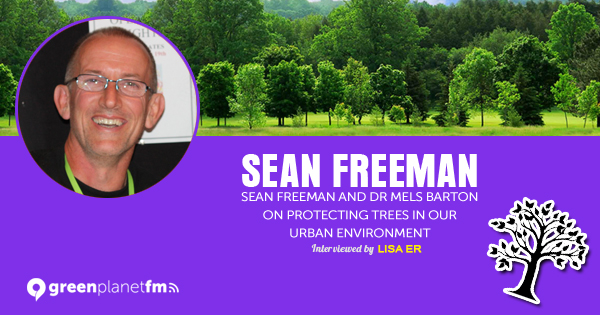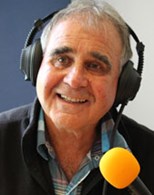
The RMA promotes the sustainable management of natural and physical resources such as land, air and water. New Zealand's Ministry for the Environment describes the RMA as New Zealand's principal legislation for environmental management.
As the RMA and the decisions made under it by district and regional councils and in courts affect both individuals and businesses in large numbers, the RMA has variously been attacked for being ineffective in managing adverse environmental effects, or overly time-consuming and expensive and concerned with bureaucratic restrictions on legitimate economic activities.
Dr Mels Barton and Sean Freeman speak about the impact of the recent changes to the RMA
Should central government be able to control decisions made by local government? This seems to be the approach of our current government thus undermining local democracy, generally in favour of business interests. One could ask if the RMA is being turned into an economic development act! Changes to the RMA certainly won't build more homes.
The changes to the RMA from 2009 to 2013 have restricted the ability of local government to protect trees on urban allotments to those trees that have been listed on a scheduled list.
In Auckland whilst there is some protection for vegetation that is located within sensitive areas such as riparian margins, coastal cliffs and Significant Ecological Areas (SEA’s) such sensitive areas, are not commonly found within our city's boundary.
The current Scheduled List of Notable trees amounts to approximately 6000 trees which is less than 15% of our remarkable urban forest. For the remaining trees on private property there is effectively no protection.
Trees have a unique place in our environment. Without them, human life as we know it would not exist. Trees conserve water, make our air breathable, absorb air pollution, support our slopes and form the hub of enormous underground micro-environments that strengthen soil and foster insect life. In a city trees take up a lot of storm water that otherwise may cause flooding.
At a time when we all know the scale of the predicted intensification of building across our city, we have lost the ability to effectively protect our urban forest from property developers. We have lost the ability to protect those living assets which make our city a liveable place.
Dr Mels Barton is an environmental scientist turned coordinator, campaigner and environmental advocate. Mels works with many community organisations and not-for-profits including The Tree Council, Weedfree Trust, Friends of Regional Parks, Revive Our Gulf, Titirangi Residents & Ratepayers Association, Living Wage Aotearoa New Zealand, and she is the National Coordinator of Seaweek which Mels also speaks about in the interview. Seaweek 2016 will take place from Saturday 27 February to Sunday 6 March 2016. The theme will be “Toiora te Moana – Toiora te Tangata – Healthy Seas, Healthy People”. For a day job she works for Labour MP Phil Twyford as his Issues Assistant.
Sean Freeman is an arborist and horticulturalist, having lived and worked in Australia for almost thirty years, and who moved to Auckland three years ago. He is currently the chair of The Tree Council. He has been a passionate advocate for best practice management of urban trees for many years with a particular focus on our oldest and largest trees. Sean has been deeply involved in the last two years presenting expert evidence on behalf of The Tree Council in the Hearings for the Proposed Auckland Unitary Plan.
Both Sean and Mels find relaxation walking with their dogs at Kakamatua, on the Manakau, and exploring the incredible ecology to be found along the many forested tracks in the Waitakere Ranges.
This interview is sponsored by The Awareness Party -
* Politics with Principle
* People and Planet over Profit
* New Zealand Sovereignty
* Building Awareness
* Creating conversations
* Finding new solutions
* Join us at http://www.theawarenessparty.com/
